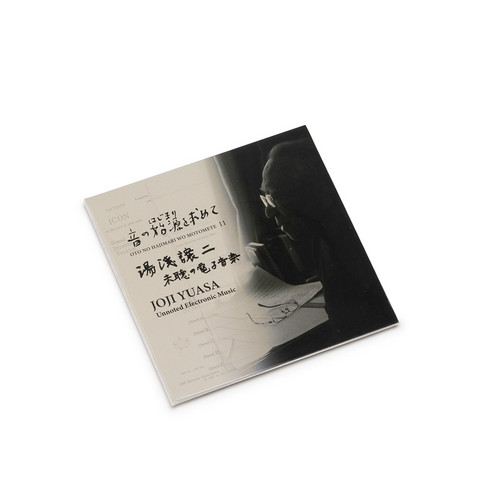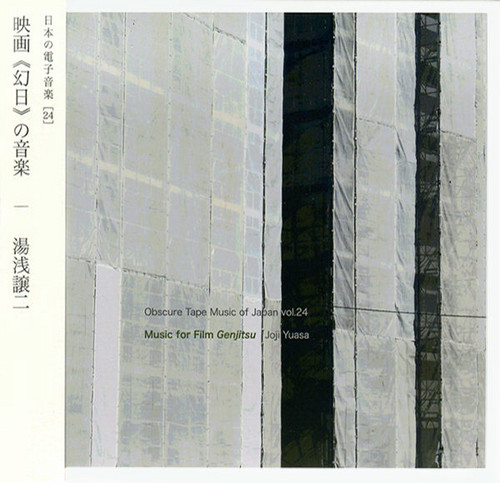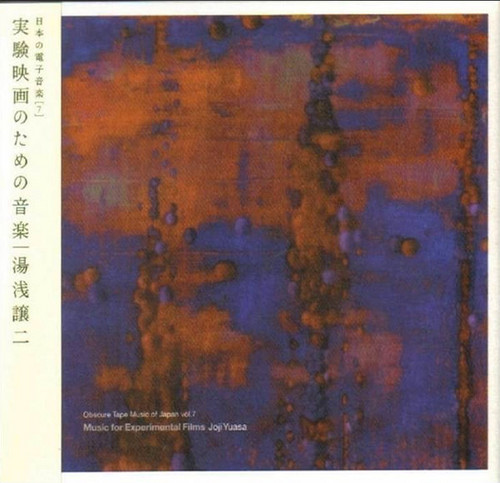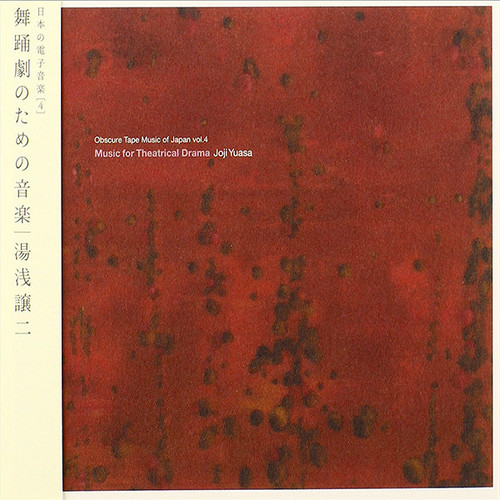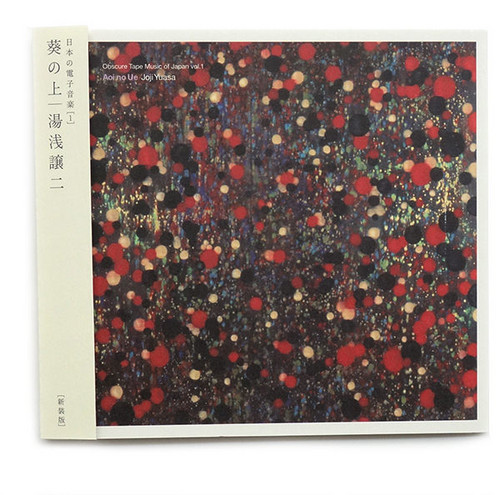Joji Yuasa
born in 1929 in Koriyama, Japan, Joji Yuasa is a self-taught composer. He first became interested in music in his boyhood. Yuasa made the acquaintance of Toru Takemitsu (composer), Kuniharu Akiyama (musicologist) and others while a pre-medical student at Keio University in Tokyo. He joined them in forming the `Jikken-kobo' (Experimental Workshop) in 1952, and turned to devote himself to music. Since then, Yuasa has been actively engaged in a wide range of musical composition, including orchestral, choral and chamber music, music for theatre, and intermedia, electronic and computer music.
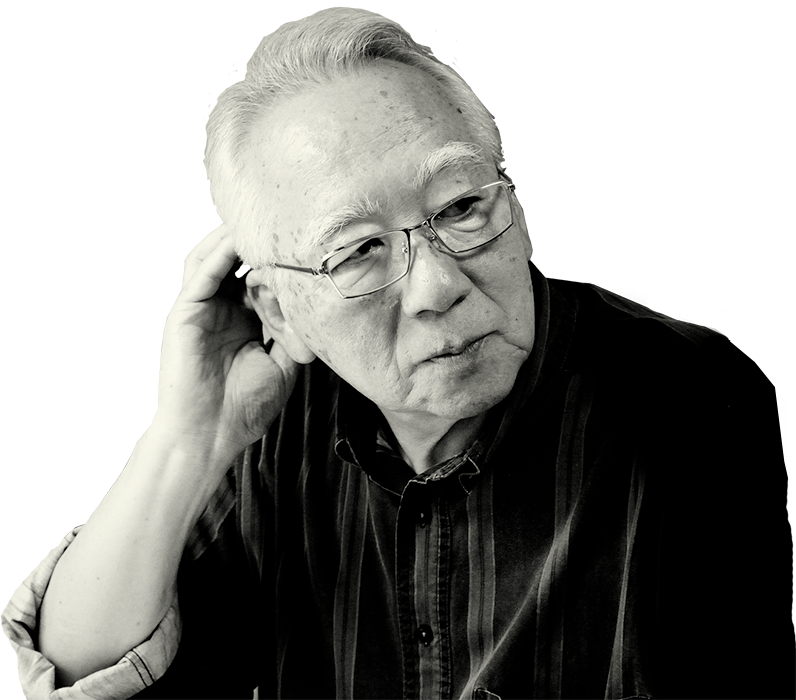
born in 1929 in Koriyama, Japan, Joji Yuasa is a self-taught composer. He first became interested in music in his boyhood. Yuasa made the acquaintance of Toru Takemitsu (composer), Kuniharu Akiyama (musicologist) and others while a pre-medical student at Keio University in Tokyo. He joined them in forming the `Jikken-kobo' (Experimental Workshop) in 1952, and turned to devote himself to music. Since then, Yuasa has been actively engaged in a wide range of musical composition, including orchestral, choral and chamber music, music for theatre, and intermedia, electronic and computer music.
